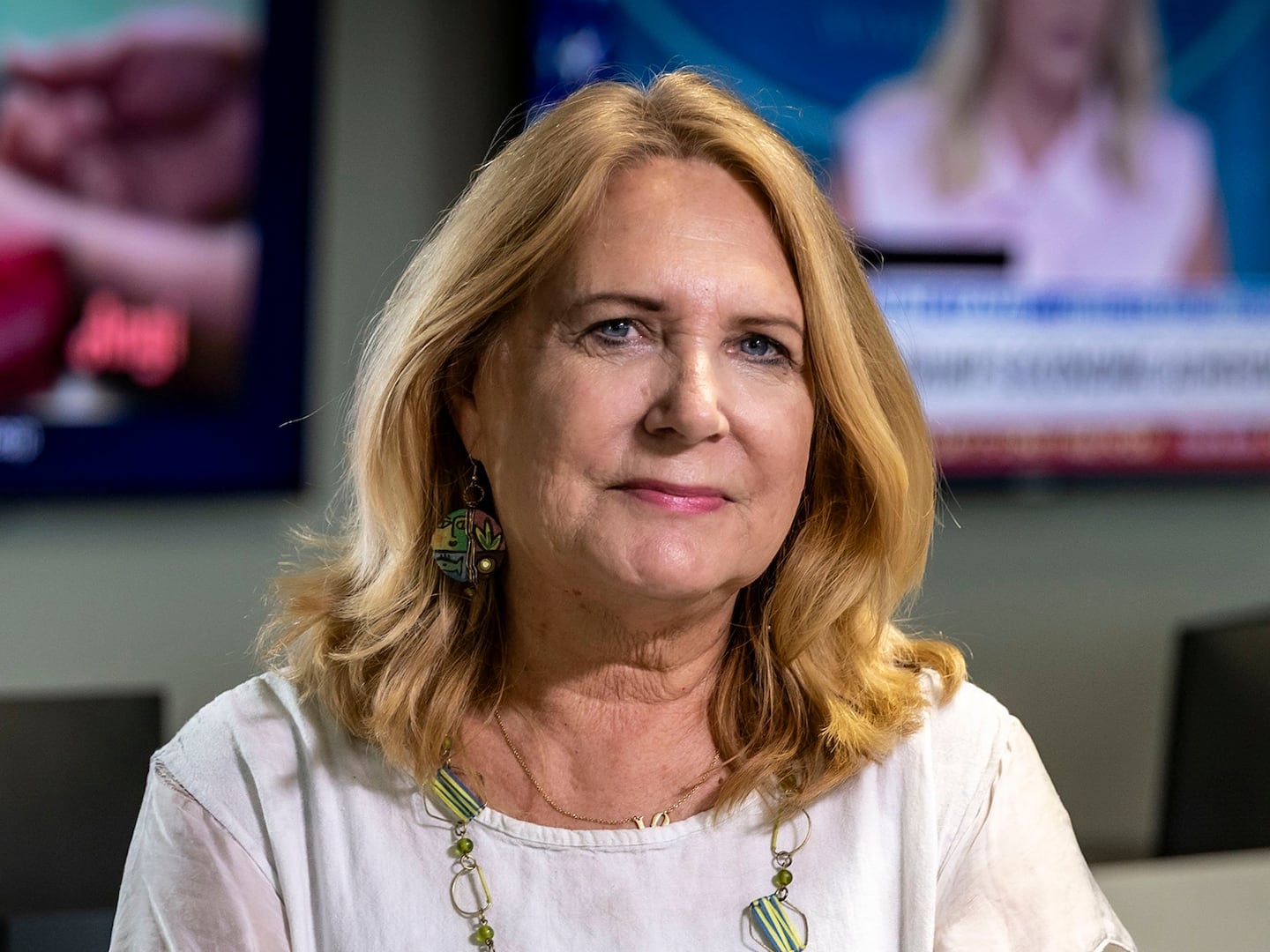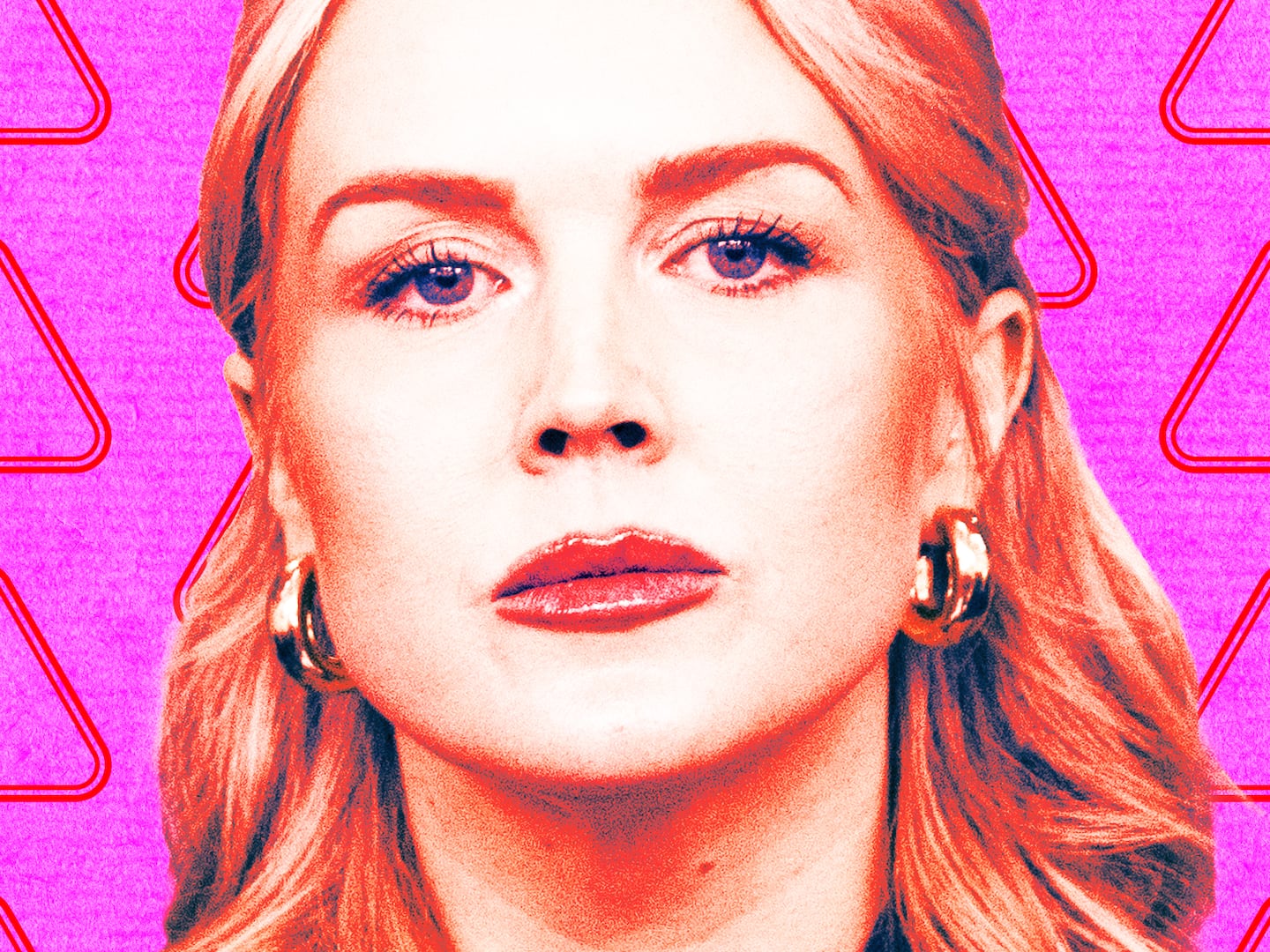The Profound Effect of Being Adopted
What’s the key to understanding Steve Jobs? According to his biographer, Walter Isaacson, it starts at the beginning—literally. Jobs was born to unwed parents and placed for adoption shortly thereafter. He grew up in a working-class family; his father was a mechanic and his mother an accountant. In this clip, Jobs describes the profound influence his adoption had on his life, and how he ultimately changed from feeling “abandoned” to feeling “chosen” by his parents.
The Bombshell Meeting With His Biological Father
Imagine meeting your biological son and not even knowing it. Now imagine your biological son is Steve Jobs. In 1986 Jobs went on a quest to find his biological parents: “There was hole, he felt something was missing,” Isaacson said. After tracking down his mother, and consequently his biological sister, Jobs moved on to search for his father. But everything wasn’t coming up roses: “I learned a little bit about him, and I didn’t like what I learned,” he said. And so, instead of revealing his root identity, Jobs met his father without telling him who he really was. This clip describes their jaw-dropping meeting, where his father was completely unaware he was face to face with his son.
A Ruthless Man Demanding Perfection
Let’s just say Steve Jobs had a dark side. “Petulant,” “brittle” and “very very mean” are all words Isaacson used to describe Jobs at times. So why would he sometimes turn into something of a monster? “I really want to be with people who demand perfection, and this is who I am,” Isaacson recalled him saying. He sought perfection, but that doesn’t mean he was without flaws.
Jobs’ Alternate Lifestyle of the Rich and Famous
Some $7 billion in the bank, and you’d never know it. Jobs was committed to leading a normal life—no housekeepers, no mansions, and no fancy cars. He wanted his children to grow up in a place “where the kids could walk, the kids could go over to other people’s houses,” and spoke of learning early lessons about the perils of living in excess. “I saw these people who were really nice, normal people turn into these bizarro people,” he said. “I made a promise to myself. I said I’m not going to let this money ruin my life.”
The Family Behind Closed Doors
What better way to see the Jobs family than on an iPad? Jobs granted Isaacson extraordinary access to private family photos, delving into a largely hidden world shared among Jobs, his wife, and four children. Not one to airbrush history, however, Isaacson highlighted Jobs’s relationship with his first daughter, born out of wedlock and “neglected” by Jobs until she was a teenager. Their reconciliation, Isaacson said, was extremely important for Jobs, likely due to the fact that he too felt abandoned by his own biological parents.
The Alternate Treatments That Didn’t Work
In the words of Steve Kroft: “How could such a smart man do such a stupid thing?” No one is above the laws of nature, not even Steve Jobs. When he first learned of his pancreatic-cancer diagnosis, instead of running to the doctor, Jobs ran to alternative treatment. “He said ‘I didn’t want my body to be opened, I didn’t want to be violated in that way,’” Isaacson said. It wasn’t until nine months after the initial diagnosis, and after the cancer had spread, that Jobs relented and agreed to go under the knife. It undoubtedly the most haunting decision of his life, and one can’t help but wonder if swift action would have changed the course of history.
Jobs on God, Dying and the Afterlife
The silver lining: When Jobs realized he might not recover from cancer, he refocused his life. Think iPhone, iPad, and ultimately, family. “I saw my life as an arc—that it would end, and compared to that nothing mattered,” he said. He spoke with Isaacson of God and the possibility of an afterlife, revealing his internal struggle over his battle to believe. His devotion to the company he founded was intertwined with his core; Isaacson recalled Jobs saying: “Sometimes I think it’s just like an on/off switch. Click and you’re gone... and that’s why I don’t like putting on/off switches on Apple devices.”






